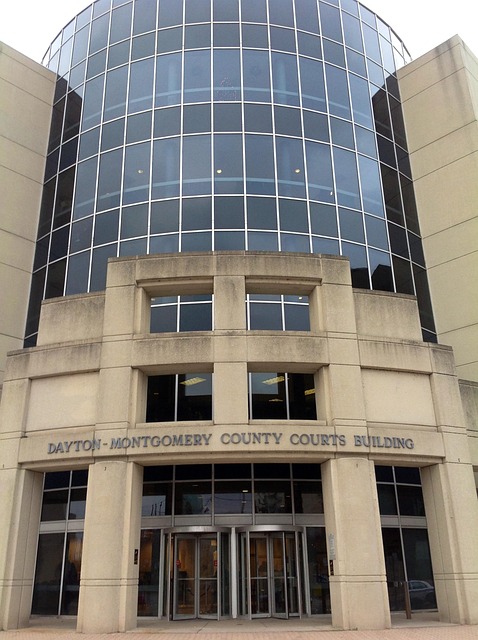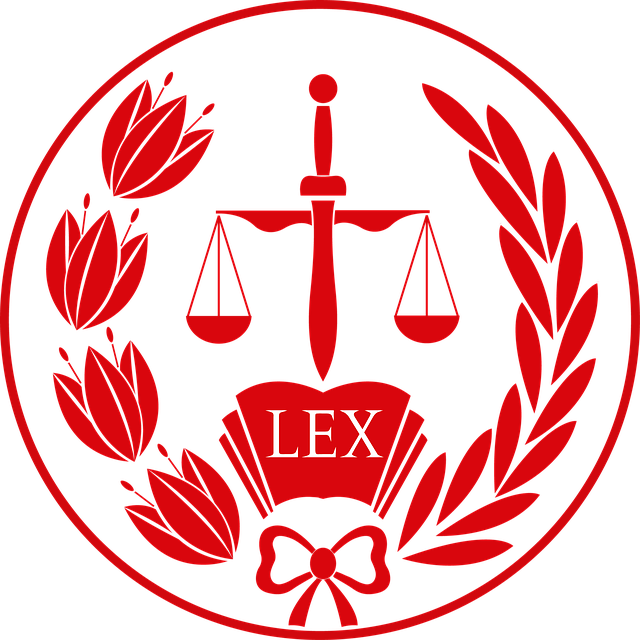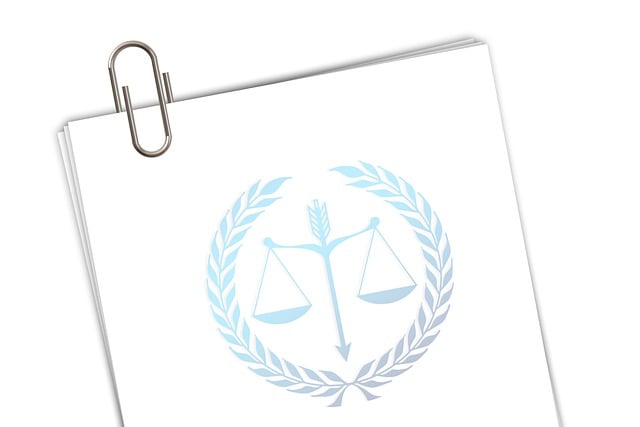The RF Securities Industry Regulation is a stringent framework aimed at preventing fraud, enhancing transparency, and holding all market participants accountable. A key component is the Civil Litigation Process for Patent Infringement, which serves as a powerful deterrent against intellectual property violations. This process involves multiple stages, from complaint filing to expert testimony, designed to establish willful infringement and secure remedies fairly. In a rapidly evolving tech-driven environment, RF Securities faces challenges like enhancing transparency, addressing algorithmic trading, data security, and harmonizing international standards for cross-border transactions. Regulators must also adapt to new technologies while maintaining oversight and investor protection, particularly in complex civil litigation processes involving patent infringement.
“Welcome to an in-depth exploration of the RF Securities Industry Regulation, a critical aspect of our modern financial landscape. This article delves into the intricate framework governing accountability within this sector. We dissect the Civil Litigation Process for Patent Infringement, specifically tailored to RF Securities, providing valuable insights.
Emerging trends and key considerations are also highlighted, offering a glimpse into the future of regulatory directions in this dynamic industry.”
- Understanding RF Securities Industry Regulation: A Framework for Accountability
- The Civil Litigation Process for Patent Infringement in the Context of RF Securities
- Key Considerations and Emerging Trends Shaping Future Regulations
Understanding RF Securities Industry Regulation: A Framework for Accountability

The RF Securities Industry Regulation is a complex framework designed to ensure accountability and fairness within the financial markets. At its core, this regulation aims to protect investors by preventing fraudulent activities and ensuring transparent practices in the securities industry. It involves a meticulous process that includes strict compliance with laws and guidelines, regular audits, and robust internal controls. By implementing these measures, regulatory bodies can mitigate risks and hold individuals and institutions accountable for their actions.
One critical aspect of this regulation is the Civil Litigation Process for Patent Infringement, which serves as a deterrent against intellectual property violations. In cases of alleged white-collar defense or general criminal defense, where charges are brought due to non-malicious but rule-breaking behavior, understanding the regulatory framework becomes paramount. A complete dismissal of all charges might be achieved if the accused can demonstrate compliance with relevant laws and regulations, highlighting the importance of proactive adherence to industry standards.
The Civil Litigation Process for Patent Infringement in the Context of RF Securities

In the context of RF Securities, understanding the Civil Litigation Process for Patent Infringement is paramount. When a party believes their intellectual property rights have been violated, they typically initiate legal action in civil court. This process involves several key stages, beginning with filing a complaint against the alleged infringer, outlining the specific acts of infringement and seeking remedies such as damages or an injunction.
The Civil Litigation Process for Patent Infringement extends beyond mere filing and includes all stages of the investigative and enforcement process. It encompasses extensive document discovery, depositions, expert witness testimony, and negotiations. While avoiding indictment in white collar and economic crimes cases is a priority, the focus remains on demonstrating willful infringement and quantifying damages. Each stage is crucial in building a robust case and ensuring a fair outcome for all parties involved.
Key Considerations and Emerging Trends Shaping Future Regulations

The RF Securities Industry faces a dynamic landscape where regulatory evolution is driven by emerging technologies, market dynamics, and global trends. Key considerations for future regulations include enhancing transparency, mitigating systemic risks, and ensuring fair market practices. The industry must adapt to address concerns related to algorithmic trading, data security, and the impact of rapid digital transformation on traditional oversight methods. Additionally, the increasing complexity of cross-border transactions necessitates harmonized international standards to combat regulatory evasion and promote integrity.
Emerging trends such as blockchain technology and artificial intelligence are both potential disruptors and game-changers in securities regulation. While these innovations offer opportunities for improved efficiency and security, they also present unique challenges. Regulators must adapt their approaches to balance the benefits of new technologies with the need for robust oversight, particularly in areas like preventing white-collar and economic crimes, such as patent infringement that involves complex civil litigation processes. Achieving extraordinary results in regulatory reform requires a forward-thinking approach that embraces innovation while maintaining integrity and protecting investors.
The regulation of the RF (radio frequency) securities industry is a complex yet vital task, ensuring fairness, transparency, and innovation. By understanding the framework and key considerations outlined in this article, we can navigate the evolving landscape of RF technology and its implications for investors and businesses. The Civil Litigation Process for Patent Infringement, as discussed, serves as a crucial tool for accountability, encouraging adherence to industry standards. As emerging trends continue to shape future regulations, staying informed and proactive will be essential for all stakeholders involved in this dynamic sector.






